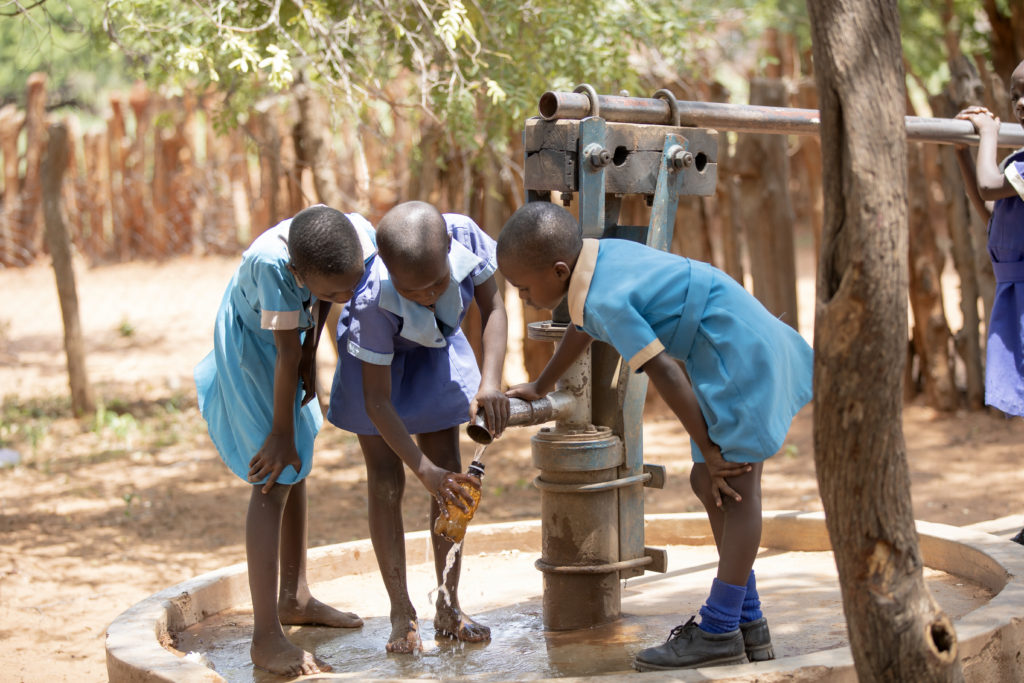“Who cares about toilets? 3.6 billion people do. Because they don’t have one that works properly!”
With more than 600million people practicing open defecation due to the lack of access to toilets this world toilet day could not be more important. Today Higherlife Foundation joins the rest of the world in raising awareness on the issue of sustainable sanitation because when some people in a community do not have safe toilets, everyone’s health is threatened. Healthy individuals and communities are the building blocks to achieving a healthy and prosperous Zimbabwe in 2030.
In Zimbabwe more than 40% of the rural population do not have access to toilets and using open defecation while those in cities face underfunded, poorly managed or neglected sanitation systems that sees many people especially those from marginalized communities dying due to diseases such as cholera and typhoid that can be prevented if people had access to clean water and safe sanitation.
“For women and girls, toilets at home, school and at work help them fulfil their potential and play their full role in society, especially during menstruation and pregnancy.” UN (United Nations)
Poor sanitation contaminates drinking-water sources spreading deadly diseases among the wider population. Through its global health team, Higherlife has over the years made WASH (water, sanitation and hygiene) interventions to tackle the sanitation crisis in the communities it serves and contribute towards Sustainable Development Goal 6 of “water and sanitation for all by 2030.”

Through sewer refurbishment of water and sanitation points in various cholera hotspots in Zimbabwe, Higherlife is doing its part to ensure sustainable WASH infrastructure to guarantee improved access to clean and safe water and proper sanitation facilities. Our 5-year target intends to ensure functionality in 168 waterpoints in hot spot areas each supporting approximately 2400 people. In addition to ensure sustainability we will focus on capacity building within hotspot areas and WASH research and WASH monitoring and evaluation with a goal to make sure that all communities and everyone has access to safe water and sanitation we stand with the world in working towards elimination of diseases that are due to poor sanitation such as cholera.


